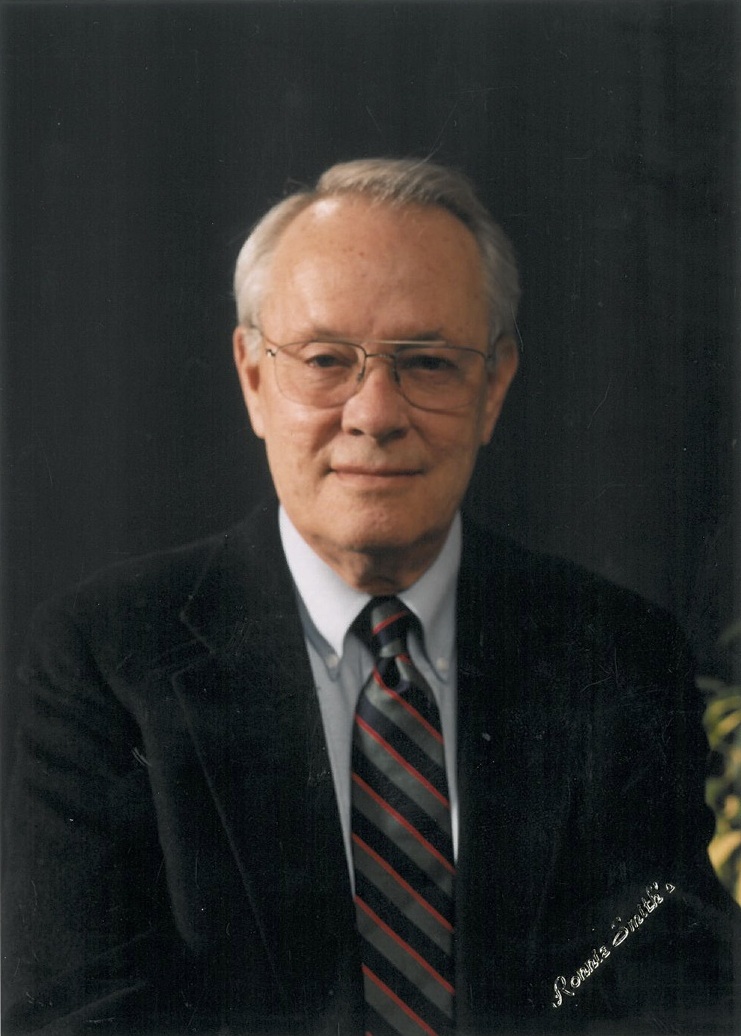Narratives – Part 2

Picasso
Efface le gris de ta vie
Et allume les couleurs que tu possèdes à l’intérieur
Erase the gray from your life
And light up the colors that you possess within you
Unpublished Notes from Calvin Settlage, MD
Introduction by Batya R. Monder, MSW, BCD

When we were planning the contents of the Time and Space Gallery, I thought of Calvin Settlage’s writings as covering the entire life span. He had written about his work with children as well as his work with a centenarian. I had worked briefly with Cal when I was the Editor of The Round Robin. He had done a short piece for me at the time on telephone work after his move to Arkansas (2002); and through our exchanges on the phone, I developed such a fondness for him. I learned of his death when I called to ask him to participate in our opening and instead reached his daughter Sally. No one I knew on the East Coast had been aware of his passing. It seemed fitting then that we include a remembrance of him in our first issue, and Robert Wallerstein, a longtime friend and colleague of Cal’s, agreed to write an obituary.
Calvin Settlage was able to write movingly about his clinical work with patients of all ages. In one of his papers, he described feeling a bit impatient with his six-year-old patient and trying to move the work along, only to be stopped by the comment of this astute child who said: “Dr. Settlage, please don’t grow me up too fast.” [Personal communication.] Equally adept with the elderly and appreciating the ability of all to grow throughout the lifespan, Cal wrote a classic paper about his treatment of a woman whom he worked with “during the tenth and eleventh decades of her life” (1996). She was a former English teacher and a poet, and during the years they worked together, she began again to write poetry, some of which he includes in the paper.
Sally and I spoke of her father’s life and work, and she let me know that Cal had written about aging and hoped to complete several papers on the subject but sadly did not realize that ambition. He had made extensive notes for these papers that Sally generously shared with us. Below are a few paragraphs from the pages he entitled “Prolong the Day.” In these writings, he spoke about the common ills of advanced age: lapses of memory, physical impairments leading to dependence, struggles to accept the realities of biological aging, and the increasing experience of loss in old age. But he also wrote about “creative adaptation and insightful reflection” that can be a part of the later stage of life.
Excerpts from “Prolong the Day” by Calvin Settlage, MD
Lapses [of memory] may increase with aging, but they are not confined to old age.
Here, too, it is possible that the self-expectation of memory failure is a contributing factor. Misconstrued as a sign of mental decline, the lapse causes heightened concern and a greater conscious effort at recall. But, as is true at any age, this effort seems only to increase the temporary memory block.
***
When repetitious and garrulous, talking about the past is readily taken to be a sign of mental decline and even senility. The repetition is assumed to reflect failure of memory and the garrulousness failure of judgement, due to actual loss of mental faculties. But these phenomena are not necessarily signs of loss of mental faculties, and senility is by no means a usual or inevitable outcome of aging. The facile imputation of decline is regrettable…The equation of old age and senility is to be feared nearly as much as senility itself.
***
An often troublesome issue in aging is dependence….! Paradoxically, the capacity to be appropriately dependent can represent a developmental advance–a new attitude–in the elderly individual. The elderly in particular have an aversion to change from the long- standing role of nurturer to that of being nurtured. There is the fear that being taken care of in any way forecasts the imminent loss of autonomy in all ways. Yet the relief from unrealistic self-expectations and the acceptance of dependence in necessary areas allows the channeling of energies into independent functioning in other areas. Appropriate dependence supports…maintenance of overall autonomy and integrity.
***
“Growing old gracefully” (Oliver Wendell Holmes) is mostly euphemism….Unwanted changes in the shape and substance of one’s body, the daily experience of infirmity and constraint, the nagging awareness of mortality, and the consequent recurrent bad moods among the good moods can hardly be accepted with grace. Yet the biological realities must be accepted. To deny them and behave in accordance with the expectations of younger years is to jeopardize one’s health and safety. But acceptance does not mean despair, resignation, and withdrawal. One can protest and refuse to be bested by aging. Yeats rebelled against his aging, likening it to the plight of a dog with a tin-can tied to his tail. Dylan Thomas protested that “old age should burn and rave at close of day.”
***
In old age the losses multiply: the losses of biological decline, and the loss through death of loved ones, family, and friends….All losses need to be mourned. Mourning memorializes the loss internally, and frees the individual for new involvements and relationships. Although the mourning process is intimately very personal and individual, the feelings and thoughts can be shared. The emotional validation and support of an empathic, loving relationship can be crucially helpful to the one who must mourn. Such relationships…serve as buttresses against isolation, loneliness, and withdrawal on the one hand and for self-affirmation and engagement on the other.
***
In this exploration of the myths and realities of aging, the salient thesis is that the decline and constraint of the body can lead to freedom of the mind and spirit. The confrontation with mortality causes a realignment of values that brings about life-serving changes. The prevailing experience of loss is countered by a new appreciation of life and the capability for creative adaptation and insightful reflection. Creative adaptation can take many forms and be achieved through a variety of activities–from the arts to the acts of everyday life. The creative act of writing poetry is an important part of … [Settlage’s oldest patient’s] adaptation. Her poems demonstrate the freedom of mind and spirit of youth that can bloom in old age. Poetry is a phenomenon of freedom; “in the realm of imagination, we remain young late in life” (Gaston Bachelard).
***
Settlage, C. F. (1996). Transcending old age: Creativity, development, and psychoanalysis in the life of a centenarian. Int. J. Psycho-Anal., 77:549-564.
Settlage, C. F. (2002). Symposium on telephone analysis. The Round Robin. Vol.XVII, No. 2. Fall, pp. 8-9.
